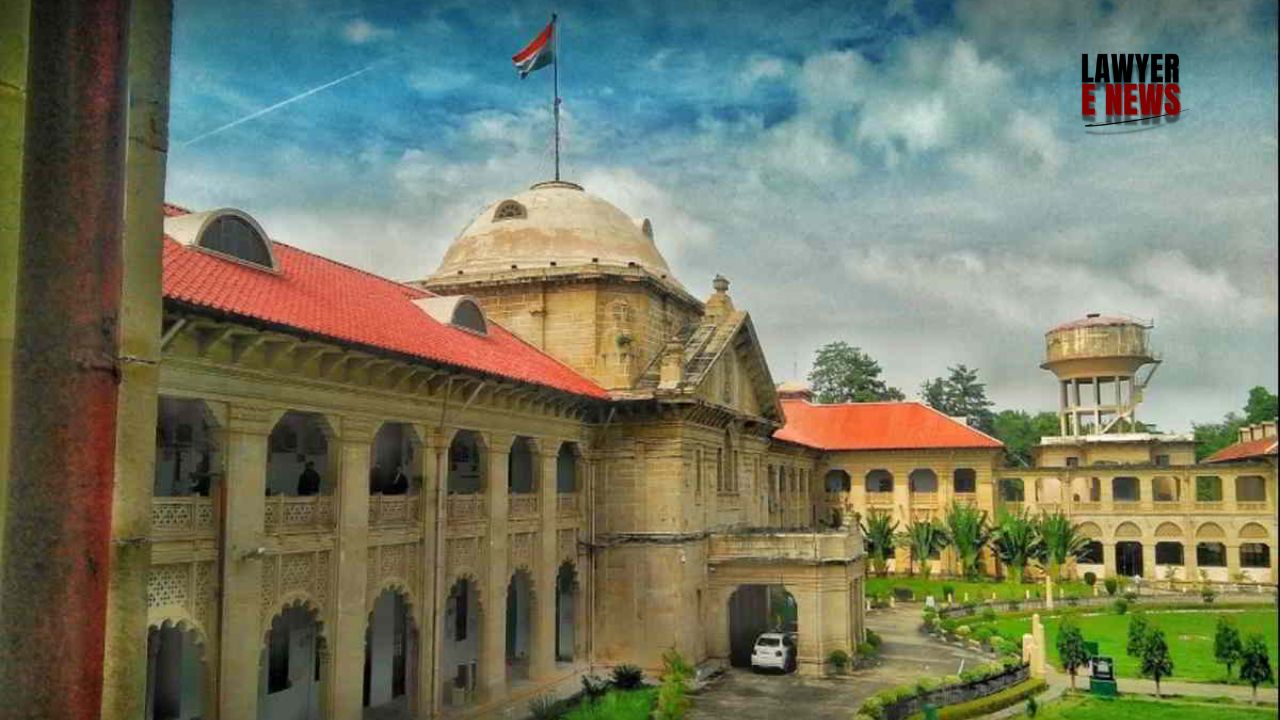-
by Admin
15 February 2026 2:16 AM



In a significant ruling, the Allahabad High Court quashed the proceedings under Section 174-A of the Indian Penal Code (IPC) against the applicants, citing the necessity for a written complaint from the court that initiated the proceedings under Section 82 of the Code of Criminal Procedure (Cr.P.C.). The decision reinforces the legal safeguards for the accused, particularly concerning the protection of personal liberty under Article 21 of the Constitution.
The case arose from an FIR registered under Section 498A and 304B IPC, and Sections 3 and 4 of the Dowry Prohibition Act. The applicants were subsequently declared proclaimed offenders under Section 82 Cr.P.C., leading to the initiation of proceedings under Section 174-A IPC. The applicants challenged the FIR and the summoning order issued by the Chief Judicial Magistrate (CJM) of Lucknow on the grounds that the proceedings under Section 174-A IPC were unsustainable in law, as they were initiated based on a police report rather than a written complaint by the court.
The court emphasized the legal requirement under Section 195(1)(a)(i) Cr.P.C., which restricts the court from taking cognizance of offenses under Sections 172 to 188 IPC, including Section 174-A, except on the complaint of the public servant concerned or the court that issued the proclamation under Section 82 Cr.P.C. The judgment highlighted that despite Section 174-A IPC being a cognizable offense, the legislature intended for it to be treated differently to prevent unnecessary harassment of the accused and to protect their personal liberty.
The court also critically examined previous judgments from the Delhi High Court and Single Benches of the Allahabad High Court, which allowed FIRs under Section 174-A IPC based on police reports. The Allahabad High Court held that these interpretations were incorrect, as they overlooked the legislative intent and the explicit requirements of Section 195 Cr.P.C.
The court observed, "Permitting lodging of an F.I.R. under Section 174-A IPC without a written complaint from the court would amount to a travesty of justice and a violation of the accused’s personal liberty under Article 21 of the Constitution. The procedural safeguards under Section 195 Cr.P.C. must be strictly adhered to."
The Allahabad High Court's ruling provides crucial clarity on the procedural requirements for initiating proceedings under Section 174-A IPC. By quashing the FIR and subsequent proceedings, the court has reinforced the need for judicial oversight and adherence to due process, particularly when personal liberty is at stake. This judgment is expected to serve as an important precedent, ensuring that legal provisions are not misused to infringe on the rights of individuals.
Date of Decision: 29th August 2024
Ravi Dev Singh @ Ravidev Yadav And Another vs. The State Of U.P.
